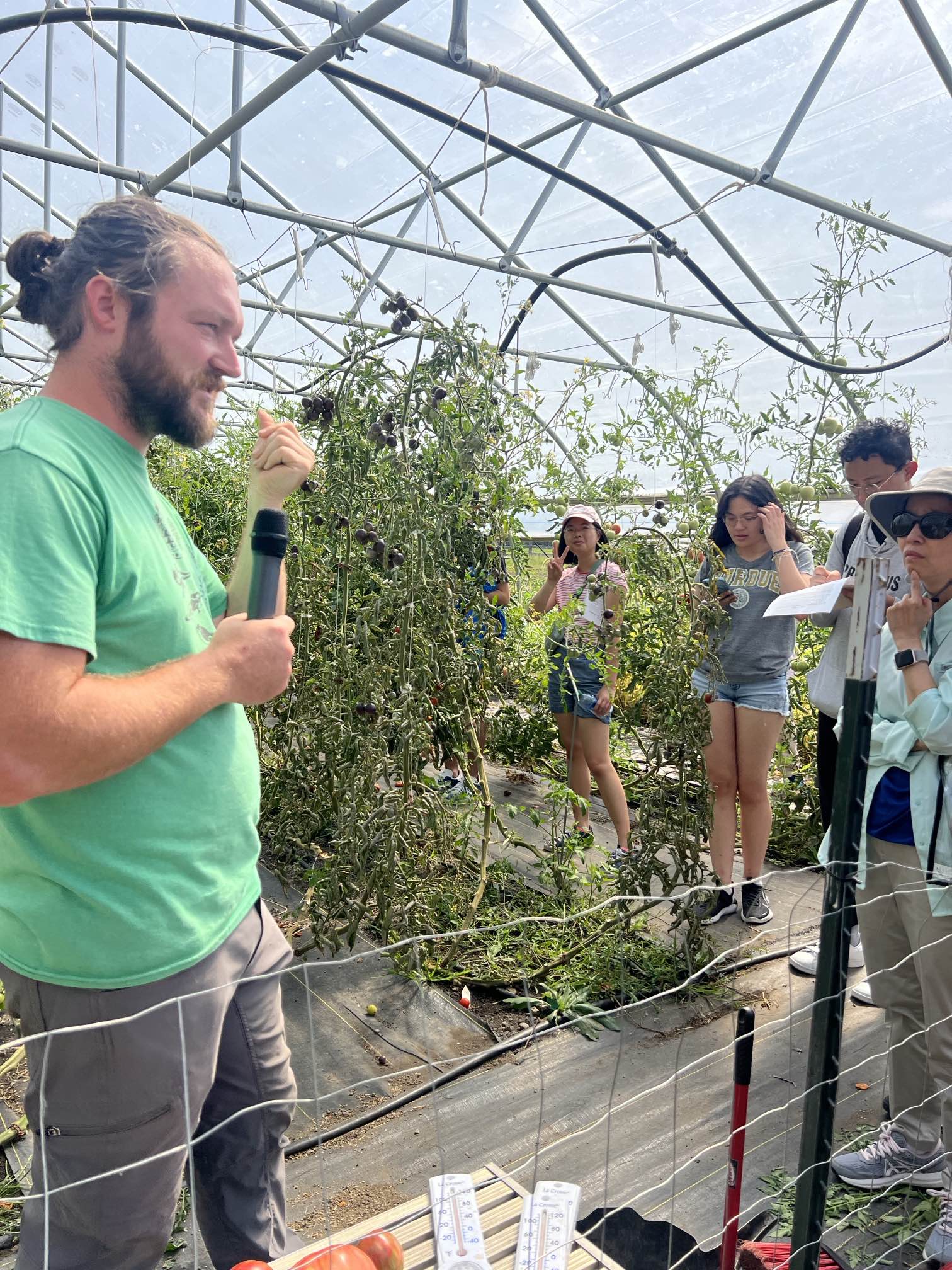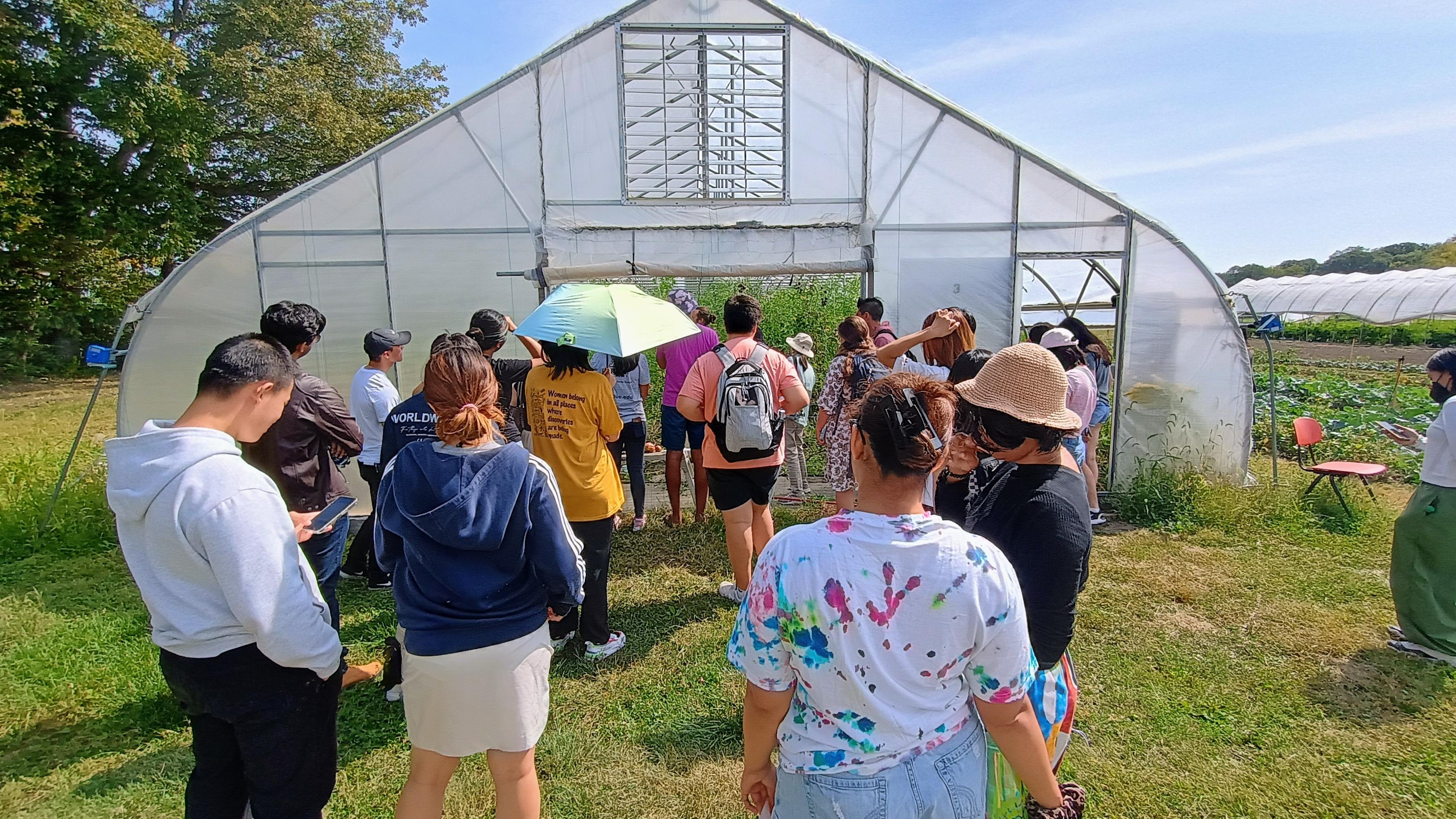Collaborative Garden Research
University Cultural Center’s Collaborative Sustainability Programming: Exploration of Environmental Justice Issue from Asian/American Campus Community Perspectives
Pamela K. Sari, Jean Paul Gerard Liban, Mukhamad Suhermanto, Ervin Liao
Abstract
University cultural centers (UCCs) often function as a “home away from home,” providing support for students to engage in dialogues about cultural diversity and systemic justice. The active cultural activities taking place (albeit not the only activities they offer) often draw a stereotype of UCCs as a place of “fun, food, and fiesta.” Instead of refuting or denying this stereotype, this research asks “What can a statement about ‘fun, food, and fiesta’ inform us about personal and systemic needs of the campus communities that Cultural Centers in the Midwest setting (like ours) have been able to fulfill?”
We answer this research question through archival collection, oral history documentation, and data-driven reflections of our efforts at the Asian American and Asian Resource and Cultural Center to grow a collaborative heritage/cultural-root garden at our Midwest university. The garden initiative is a response to a geopolitical location of the Midwest where supportive cultural communities might not be readily available (Trieu), where food security issue is a concern, and where racialized experiences surrounding food are common occurrences.
Our research details how, centering on plants (specifically vegetables) as a cultural conversation starter in the beginning of the initiative, this collaborative garden grows into an experiential-learning initiative that acknowledges the diverse intersectionality of Midwest Asian America. The vegetable garden inspires pedagogical activities about communities’ role in achieving food security. It inspires a student-centered cultural hub through weekly gardening, cooking, and gathering, allowing discussions about identity and well-being. It inspires advocacy partnerships to encourage access to heritage and cultural-root gardens in university landscaping, one plant at a time.
Responses to a statement about university cultural centers as a place for “fun, food, and fiesta” requires acknowledgment of individual needs to live a flourishing personal and professional life. It requires closer looks to the needs of students, faculty, and staff to weave a meaningful journey of identity while excelling in academic goals and growing in professional leadership. It requires a systemic view about the importance of community-specific and geographic-specific approaches to mental health and well-being. While simplistic “fun, food, and fiesta” language might be detrimental to articulating the importance of UCCs, intentional programming and programming-based research and scholarship centering on, for example, heritage/cultural-root gardens, will have the potentials for articulating pursuits of personal and collective flourishing.

Please email aaarcc@purdue.edu for more information
- Projects
Contact
915 5th Street (Corner 5th-Waldron)
West Lafayette, IN 47907
Email: aaarcc@purdue.edu
Phone: 765-496-0488
Follow us
Center Hours
Monday - Friday
8:00 AM - 5:00 PM

